Page 2 • (34 results in 0.02 seconds)
-
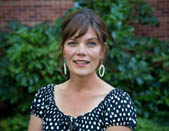
favorite and most-oft performed characters. She has performed this role with Tacoma Opera, Washington East Opera, Skagit Opera and Opera Pacific. In 2008, Ms. Milanese made her debut singing the role of Rosina (Il Barbiere di Siviglia) with Tacoma Opera where she also performed the role of Héro (Béatrice et Bénédict) and Blonde (Die Entführung aus dem Serail) which was a collaborated production with the Northwest Sinfonietta. Other roles performed include Norina (Don Pasquale), Marie (Daughter of
Office HoursMon - Fri: - -
John Rutherford Video Production Specialist Phone: 253-535-7525 Email: jrutherford@plu.edu
-
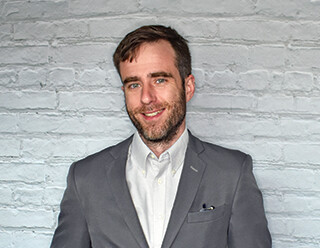
Keenan Minogue Resident Assistant Professor of Theatre, Technical Director, Scene Shop Manager Email: kminogue@plu.edu Professional Education MFA, Theatrical Design & Production Technology, University of Memphis, 2017
Contact Information -
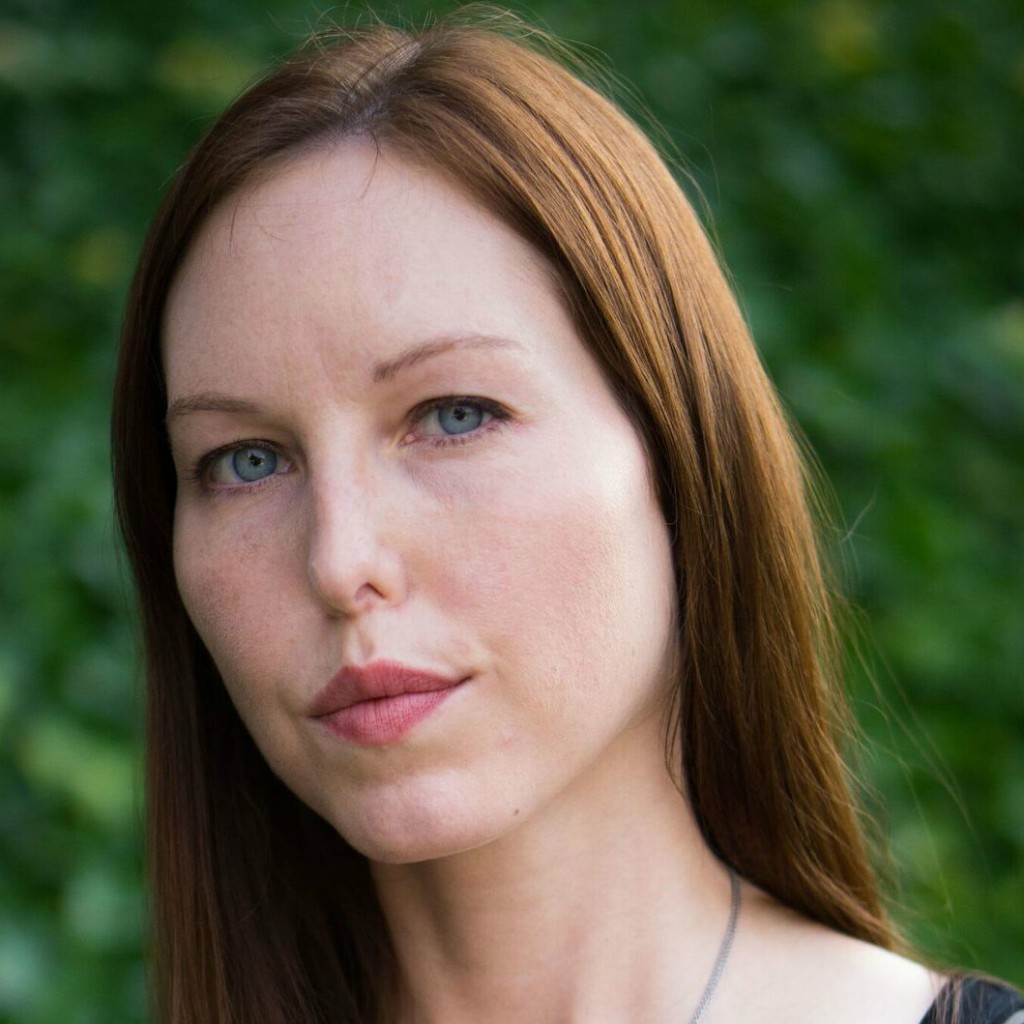
so when I read drafts I am in addition to all the usual craft-related things feeling for a pulse. Is it alive? Where do I feel tension and where does it go slack? What is being avoided? And is there a sense of discovery and transformation here or are you just going through the motions? Even the most playful fictional story should not feel like something made up but like something someone is trying to tell you that they need to tell you in order to keep living their life; when you walk away
-
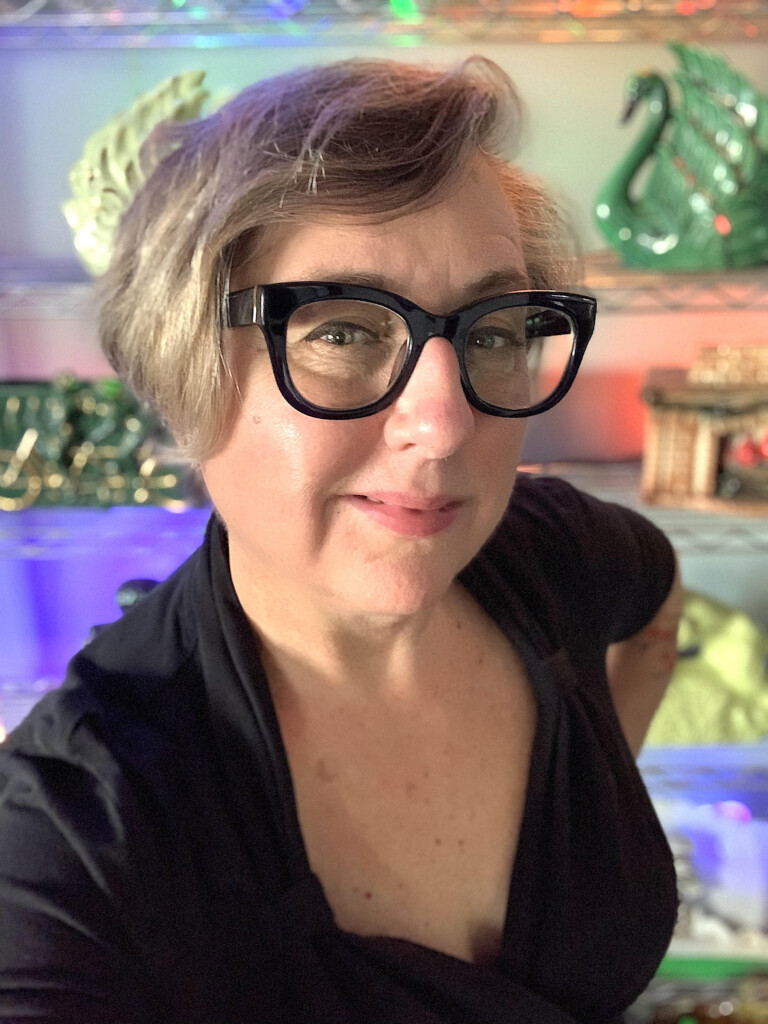
arrive at the revelation of new understanding. Through study of creative nonfiction literary form and strategy we find new ways to uncover meaning and render actuality, which is why I ask students to analyze craft. Yet I no longer believe, as I did when I began teaching over twenty years ago, that my first job is to identify and repair flaws on your draft pages. Editing too soon is futile. Writing is revision. Critique is suggestion. First I help you identify and re-identify the intention, voice and
-
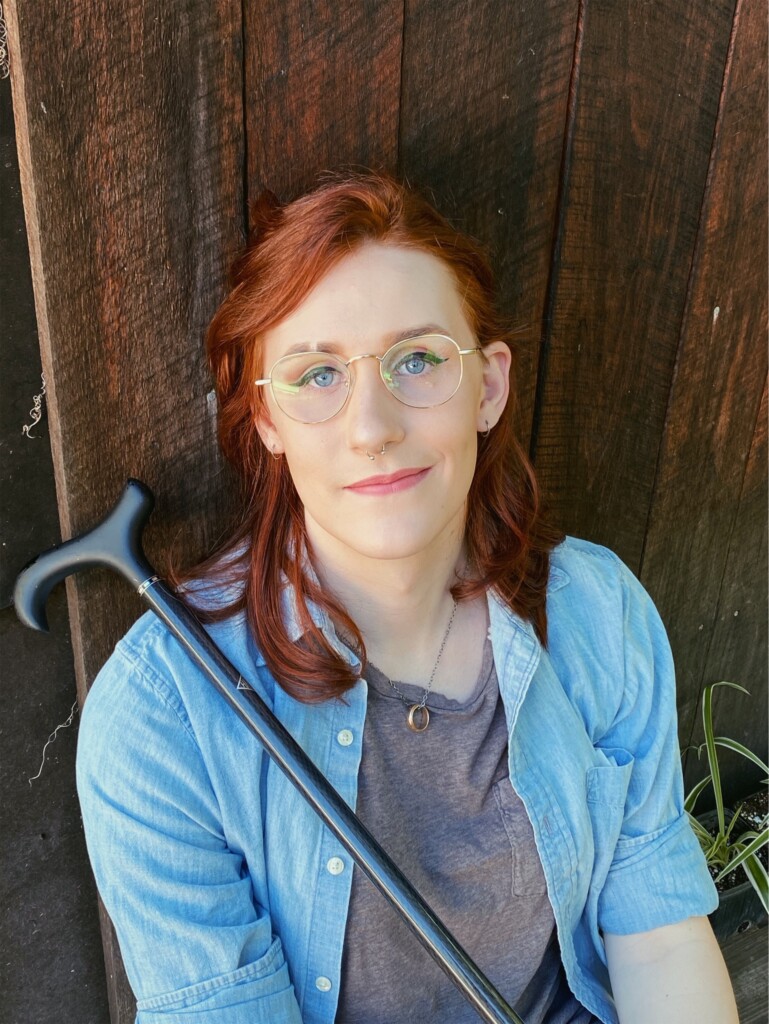
mind, then metaphor is an accelerant and poets are arsonists.” Whether a writer intends this fire to provide warmth or to burn something down, my goal as a teacher and mentor is to provide them with the tools necessary to stoke that flame. Meeting students’ writing on its terms and through the lens of their own individual poetic canons, rather than a monolithic notion of craft, I hope to draw out the best and bravest versions of their work. I encourage writers to court failure in their writing
-

of Love and the title role in Don Pasquale for Tacoma Opera. Dr. Guhr is also an educator, with experience in vocal and dramatic instruction, lecturing on music history, and outreach performance programs. Dr. Guhr acted as Tacoma Opera’s Production/Education and Outreach Manager during the Covid shutdown and subsequent reopening, arranging dozens of short, online recitals and directing several opera films for online viewing. His most recent directorial efforts were for a production of Faust for
Office HoursMon - Fri: - -
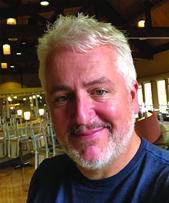
Anthony McGinnis Executive Chef He/Him/His Phone: 253-538-5657 Email: mcginnar@plu.edu Biography Biography Anthony has been with PLU for over 15 years and has worked many positions in the kitchen. He is the Executive Sous Chef, overseeing production of food for 208 Garfield and Catering and working on recipe development for The Commons.
-
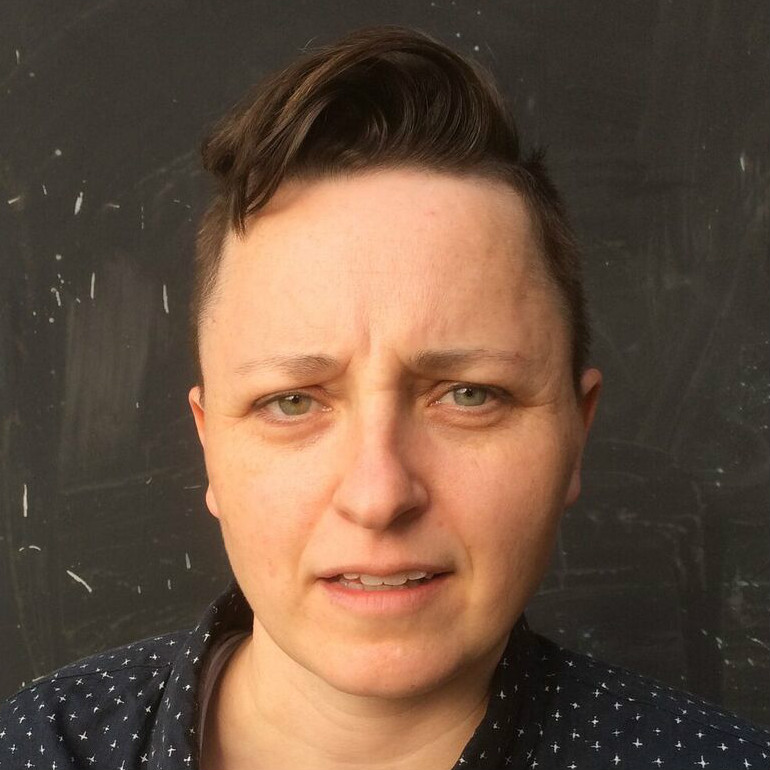
out of comfortable patterns of composition by recommending radical strategies for revision. My aim when workshopping or talking one-on-one with you about your work is for you to understand your own poems better, recognizing the sensibilities you already have craft-wise, while also spurring you to get back to work experimenting, so that you might see what your poems have the possibility to do through further risk-taking and reinvention.
-

Studdard. Mentor. Workshops and classes in poetry. Statement: Carolyn Kizer wrote in the foreword of On Poetry & Craft by Theodore Roethke that when another student was critical of something eccentric she had tried in her poem, Roethke said to the student: You want to be very careful when you criticize something like that, because it may be the hallmark of an emerging style. Kizer wrote, He knew that our eccentricities are our true voice. As a poet myself, this is something I keep in mind while
Do you have any feedback for us? If so, feel free to use our Feedback Form.


